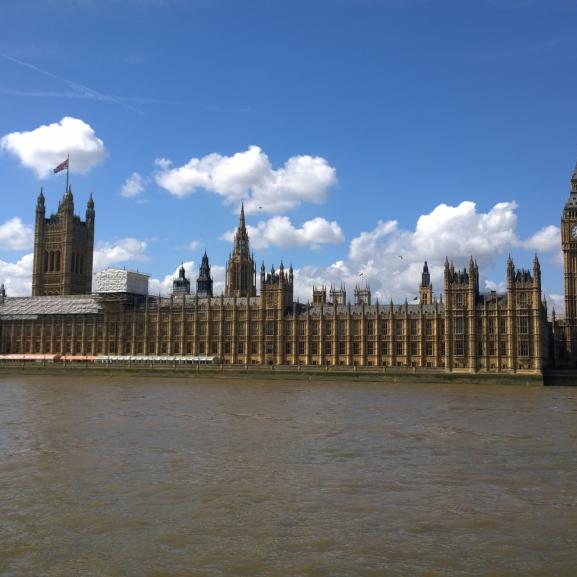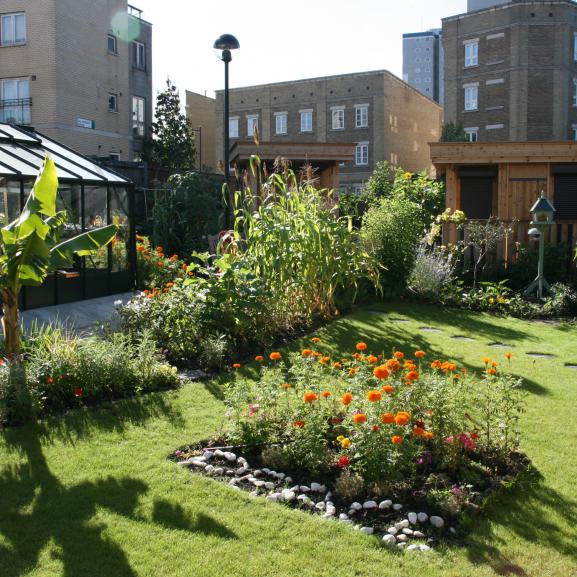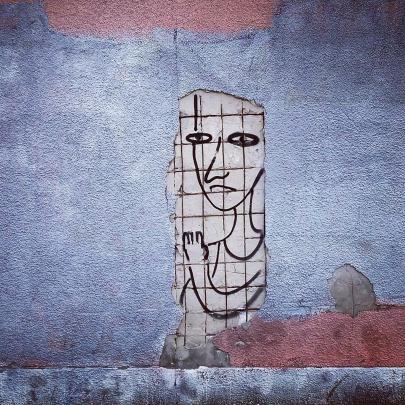Our response to UN Special Rapporteur on Torture statement on Sri Lanka
Freedom from Torture welcomes the acknowledgement of the widespread and continued use of torture in the criminal and security structures in Sri Lanka by the UN Special Rapporteur...
The Special Rapporteur for Torture’s visit, after years of blocking by previous governments, is a positive development and we hope that the UN and Sri Lanka’s international partners will support the government in now turning these tentative political commitments into practical action.
As the Special Rapporteur himself identified, Sri Lanka is at a critical moment in its history. In addition to accountability for torture and other serious human rights abuses which took place during and after the civil war, the government needs to demonstrate its commitment to the future of the country and dismantle the torture machinery used by the military, police and intelligence services, which continue to cause horrific injury to Sri Lankans and undermine the government’s credibility on peace and reconciliation.
Freedom from Torture is one of the largest torture treatment centres in the world. In 2015, for the fourth successive year, Sri Lanka was the top country of origin for those referred to us. Our recent update on Sri Lankan cases of torture taking place since the end of the conflict in 2009 highlights the alarmingly high numbers of people who continue to suffered brutal treatment in the hands of the state and have fled to the UK to seek sanctuary.
In 2015, for the fourth successive year, Sri Lanka was the top country of origin for those referred to us. Our recent update on Sri Lankan cases of torture taking place since the end of the conflict in 2009 highlights the alarmingly high numbers of people who continue to suffered brutal treatment in the hands of the state...
We have documented 248 cases of torture since May 2009 and have received 17 referrals for torture reported to have taken place since the January 2015 elections, to our medico-legal report service or to our therapeutic treatment service. These 17 referrals describe detention by a range of state actors including CID, TID, the police and the army and detail multiple types of torture – many of which are also listed in the Special Rapporteur’s Preliminary Observations.
The election of President Sirisena has resulted in a number of positive developments, including the Human Rights Council Resolution last year and this visit, but our Sri Lankan clients tell us that their confidence in these measures is slim. We want to see the government continuing to build trust, including through full implementation of their Human Rights Council commitments.
Our clients emphasise the importance of an internationalised justice mechanism in creating that trust and the observations made by the Special Rapporteur on Torture and those of the Special Rapporteur on Independence of Judges and Lawyers underline why in the current system and circumstances that international involvement in this process is essential.
We agree with the Special Rapporteur that greater action has to be taken to address impunity for torture. This is important both in transitional justice measures and, looking to the future, to creating state structures that have the confidence of all the communities of Sri Lanka. The Special Rapporteur highlighted the need to meaningfully include civil society in the design of legislative reform and transitional justice mechanisms and we hope that survivors, both in Sri Lanka and those who have sought protection in other countries, will also be included in those processes.
Follow our International Advocate and Researcher Ann Hannah on Twitter for further comment: Twitter.com/avh16.








